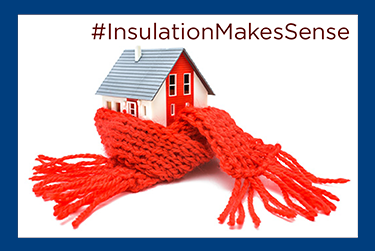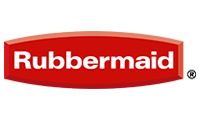- 2738 North Hayden Island Dr, Portland, OR 97217
- |Contact Us
FAQs
Do you have questions about insulation or home products, such as shower doors and bathroom hardware? Check out the frequently asked questions below — and feel free to contact us if you can’t find an answer to your question!
Insulation
What are my insulation options?
There are many different types of insulation — we install:
- Spray foam
- Fiberglass
- Cellulose
What areas of my home should I insulate?
An insulation professional will be able to tell you where you need to install insulation, but in general, we insulate:
- Attics
- Walls
- Crawl spaces
What does R-value mean?
The R-value of a type of insulation is its measurement of resistance to heat flow. The higher the R-value, the more effective the insulation material.
How much insulation do I need to install?
The amount of insulation you need will depend on a few different factors, including:
- The size of your home
- The type of HVAC systems you have
- The climate you live in
Can insulation reduce noise?
Yes, loose-fill cellulose and fiberglass insulation can help with sound control. They can help decrease noises from outside and inside homes.
What are the benefits of insulation?
The biggest reason to install insulation is the energy savings. Besides helping you save money and increase your home’s energy efficiency, insulation can help reduce noise and improve interior comfort levels.
How much money can insulation save me?
The amount of insulation energy savings you’ll see depends on the insulation materials you use, the area of your home you insulate, the size of your house, etc.
Are new construction insulation and re-insulation different?
New construction insulation is installed in new homes and buildings being constructed. A retrofit (re-insulation) project refers to installing insulation in existing homes and buildings. There is generally no difference in terms of insulation materials used for new construction vs. re-insulation.
What is blanket insulation?
Blanket insulation — a commonly used type of insulation — comes in the form of batts or rolls. It consists of flexible fibers, usually fiberglass. Batts and rolls can also be made from mineral (rock and slag) wool, plastic fibers and natural fibers, such as cotton and sheep’s wool.
After-Paint Products
Shower Doors, Mirrors & Bathroom Hardware
What’s the difference between a frameless and framed shower door?
A framed shower door has a framework around the operable part — and a frameless door doesn’t.
How do I know when to replace my shower door?
There are a few signs that indicate you may need a new shower door, including rust buildup, faulty operation and more.
Where can I install mirrors?
You can install mirrors nearly anywhere — bathrooms, bedrooms and front halls are some of the most common places.
Closets & Shelving
How can I organize a small closet?
In small closet spaces, it’s best to take advantage of vertical space. With the right designs, it’s easy to use your closet space wisely.
What are the benefits of ventilated wire shelving?
Ventilated wire shelving is virtually maintenance-free, provides increased air circulation, allows for great visibility of items and won’t easily warp or crack. Rubbermaid, who we partner with, offers high-quality ventilated wire storage solutions.
Blinds
What are faux wood blinds made of?
The composition of faux wood blinds depends on the manufacturer and the individual product. The most common materials include polyvinyl chloride (PVC), vinyl and composite wood core with sturdy plastic polymer coating. With a high-quality product and professional installation, you can achieve a beautiful, real-wood look without the high cost and increased maintenance requirements of real wood blinds.
What are the benefits of faux wood blinds?
New Construction
Is it better to add insulation while a home is under construction, or afterward?
What’s the most important space in a home to insulate during construction?
What’s the best insulation to use during construction?
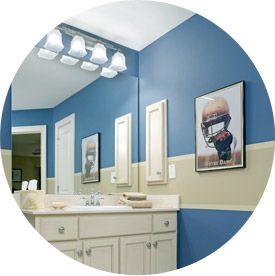
Mirrors are sleek, functional accents that brighten spaces, expand visual depth, and add polished style to bathrooms, bedrooms, and entryways.
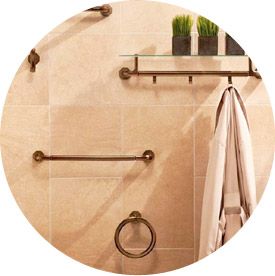
Bath hardware includes sleek, functional fixtures like towel bars, robe hooks, and toilet paper holders that enhance comfort, organization, and design in any bathroom.
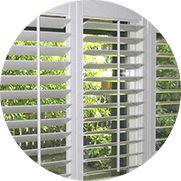
Window blinds are sleek, adjustable coverings that control light, privacy, and style, making them a versatile upgrade for any room or commercial space.

